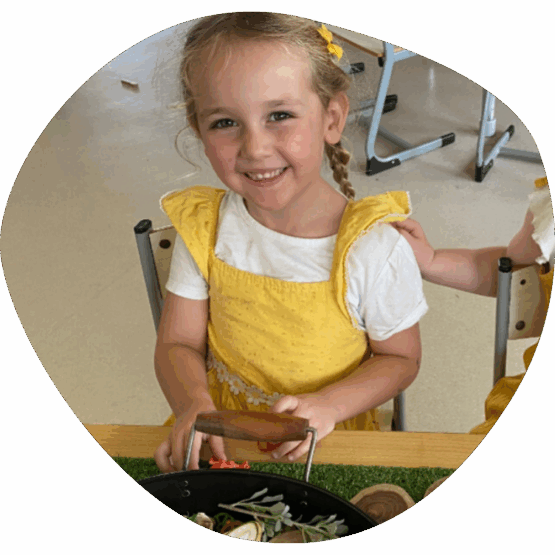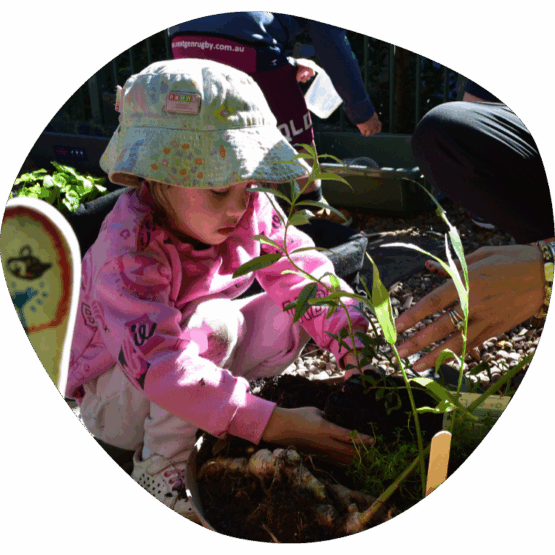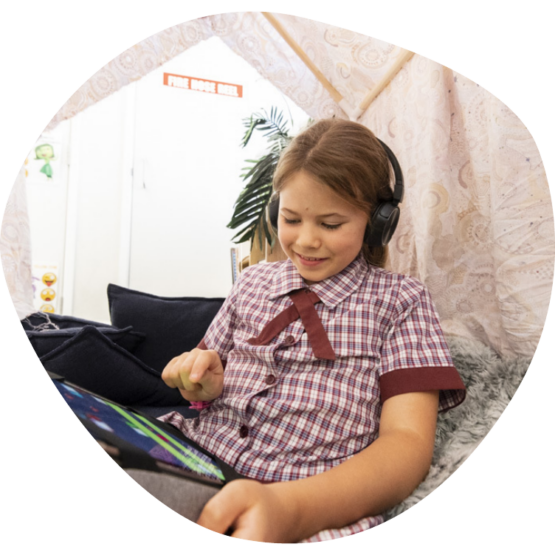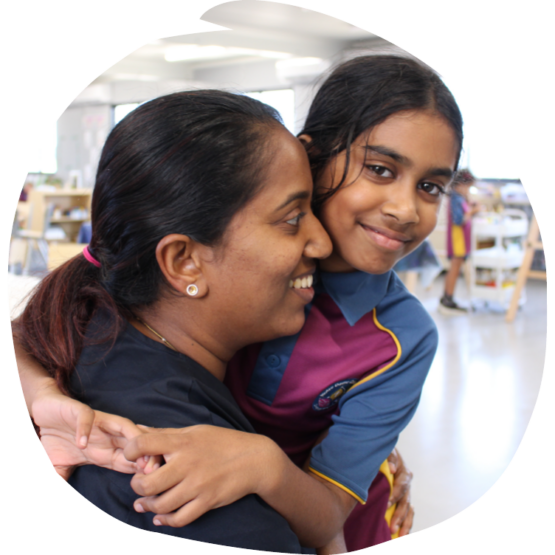In the first five years of your child’s life, you’ll watch them grow faster than at any other time. As much as they are changing and growing physically, in the first five years of their life, your child’s brain will also develop faster than at any other time.
In fact, more than one million neural connections per second will be made in a child’s brain up to the age of six, creating the foundation for all future behaviour, health and learning.
It stands to reason then that what your child learns in the first five years of their life will have the biggest impact on their overall development. It’s a time when they are open to learning about themselves and others, and are keen to explore and understand the world.
In this article, we look at how your child will develop during this important time in their life, their first five years, and how you can help them grow.
Create strong relationships
How influential are your relationships with family and friends? For most people, our relationships help define who we are, and where we fit into the community. This is also true for young children, with research showing that children learn most about the world through their relationships and interactions with others. Having positive relationships with parents, family, friends and early childhood educators also helps children to learn about behaviour, emotions and social skills.
Strong relationships also help young children to feel safe and secure, freeing them up to experience other things in the world around them.
At Catholic Early EdCare, our educators actively demonstrate positive relationships for children, helping them to explore how friendships are made and develop the social skills they need to form relationships with others.
Feed their natural curiosity
Have you noticed that your child is really curious about everything? They love to ask questions, investigate and imitate as they learn. It’s important to remember that learning comes in many forms for children, and occurs all the time through everyday experiences. All children are naturally curious and are born ready and willing to learn. They simply require the stimulation to feed their curiosity and help their brains develop.
Like most things, children’s brains develop more with use and through practicing the skills and knowledge they discover, so the opportunity to try new things and explore their environment every day is important. Spaces and experiences that allow children to express themselves, and confidently say what they are thinking and feeling are also really important in this stage of growth.
Learning through play
One very important way that children learn is through play. Through play, children are able to discover more about themselves and others, as well as the world around them. Of course play is lots of fun, but it’s also an important way for children to explore things on their own and develop critical thinking, problem solving, self-awareness and relationship skills.
You can help by making time regularly to play with your child, but also allowing them time to play on their own and with others. Long day care provides an excellent opportunity for children to explore and learn through play, both individually and with others.
Find the right environment for your child to develop
So during this important time when your child’s brain is developing so quickly, how can you ensure you find the right environment for them to learn and grow?
When meeting child care directors and touring centres, keep the following tips in mind.
- Talk with the director about their program and practice, and look for programs that actively help children build relationships and feed their natural curiosity.
- Look for opportunities in the spaces for children to explore and create new things. While play forts may be popular, there are many better ways to engage children in discovering and learning new things every day.
- Understand whether the program is play based and how the educators incorporate learning through play.
Don’t underestimate the importance of finding the right child care for your child during this important stage of their development. An environment that provides a wide variety of exploration and learning through play opportunities every day will help give children a great foundation for life.
At Catholic Early EdCare, we help your child to grow individually, socially, creatively, respectfully, spiritually and confidently. Every day, children are given the opportunity to discover new things and explore their interests as we watch them grow. Find out more about our program, here.




